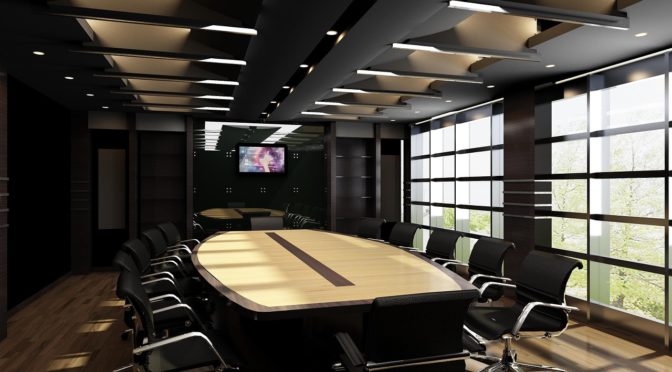
by Marc Sazer, Recording Musicians Association President and Member of Local 47 (Los Angeles, CA) and Local 802 (New York City)
What do two bass players, a violinist, violist, and bass trombone player have in common? What kind of quintet is this? This is the AFM Player Conferences Council (PCC). We have begun weekly videoconference meetings which have become a much-needed bright spot in the midst of this devastating COVID-19 pandemic.
The PCC consists of the top elected leader of each Player Conference, currently: Meredith Snow for the International Conference of Symphony and Orchestra Musicians (ICSOM), Robert Fraser for the Organization of Canadian Musicians (OCSM-OMOSC), John Michael Smith for the Regional Orchestra Players’ Association (ROPA), Tony D’Amico for the Theater Musicians Association (TMA), and myself for the Recording Musicians Association (RMA). Our conversations have covered issues unique to each group of musicians, but we have also found that we are facing common issues of huge proportions.
Streaming media issues affect all of us, and the impacts and consequences are spreading in all directions. As soon as it became apparent that social distancing would cause cancellations of live performances, the leadership of ICSOM and ROPA began working with Symphonic Services at the AFM to help craft an approach to streaming media that would both work for orchestral managements and protect the long-term rights of musicians. RMA has similarly worked with the Electronic Media Division and the International Executive Board (IEB) on ways of helping support AFM employment through remote recording. Our regular PCC conversations help us grapple with the ways in which streaming issues in one area have implications for all.
And like many, we have begun sharing notes on Unemployment Insurance (UI).
It quickly came clear that Canada and the US have different systems and treat workers somewhat differently, and that each US state administers UI differently and pays different amounts to unemployed workers. UI systems have traditionally depended on contributions made by employers on behalf of employees, so musicians who were hired as independent contractors were left without coverage in times of unemployment. That includes both freelance musicians not covered by Collective Bargaining Agreements (CBAs), freelance musicians (particularly in California) who work under contract but through their personal services corporation, and a number of Canadian symphonic musicians who, under Canadian law, can be treated as independent contractors even when they work under a union contract on a regular, tenured basis.
Fortunately, both countries have seen the importance of providing some level of support for those left out in the cold during this catastrophic pandemic. Legislation has been passed on both sides of the border to provide unprecedented UI relief for both employees and independent contractors who are now unemployed.
Like so many of my colleagues, I have now for the first time filed my own claim for UI, and I have daily conversations with musicians wrestling with forms and websites, trying to gather information and survive being completely unemployed. We’ve benefited from information being gathered and disseminated by our AFM and many of our locals. The role of our locals in demanding good information from state and provincial bureaucracies has proved vital. But any way you slice it, this is hard for all of us.
I’d like to express my deep appreciation for Tony D’Amico (bass), Bob Fraser (bass trombone), John Michael Smith (bass), and Meredith Snow (viola) for their thoughtful and intelligent dedication to the welfare of musicians, and for their kindness and friendship.



